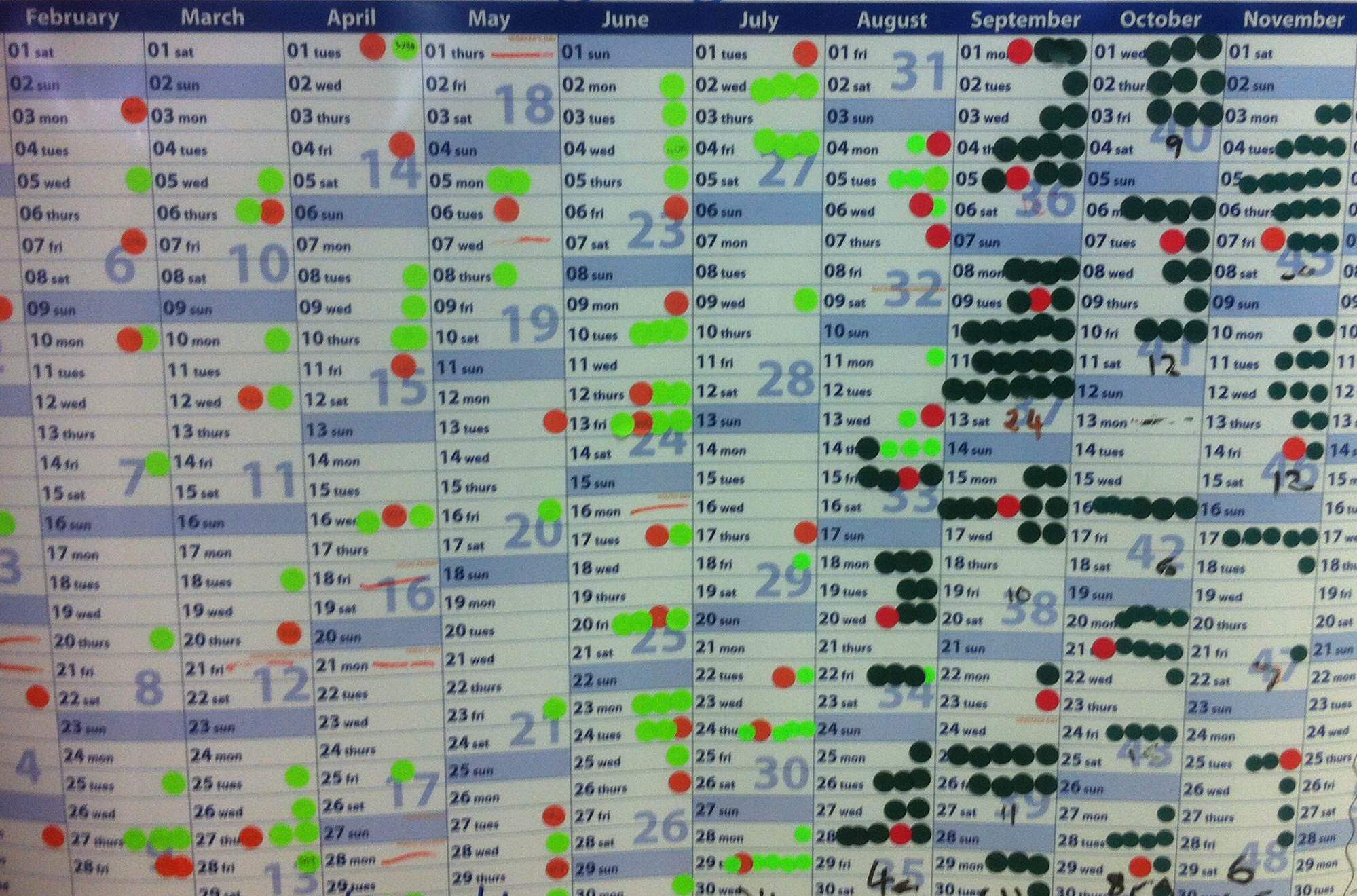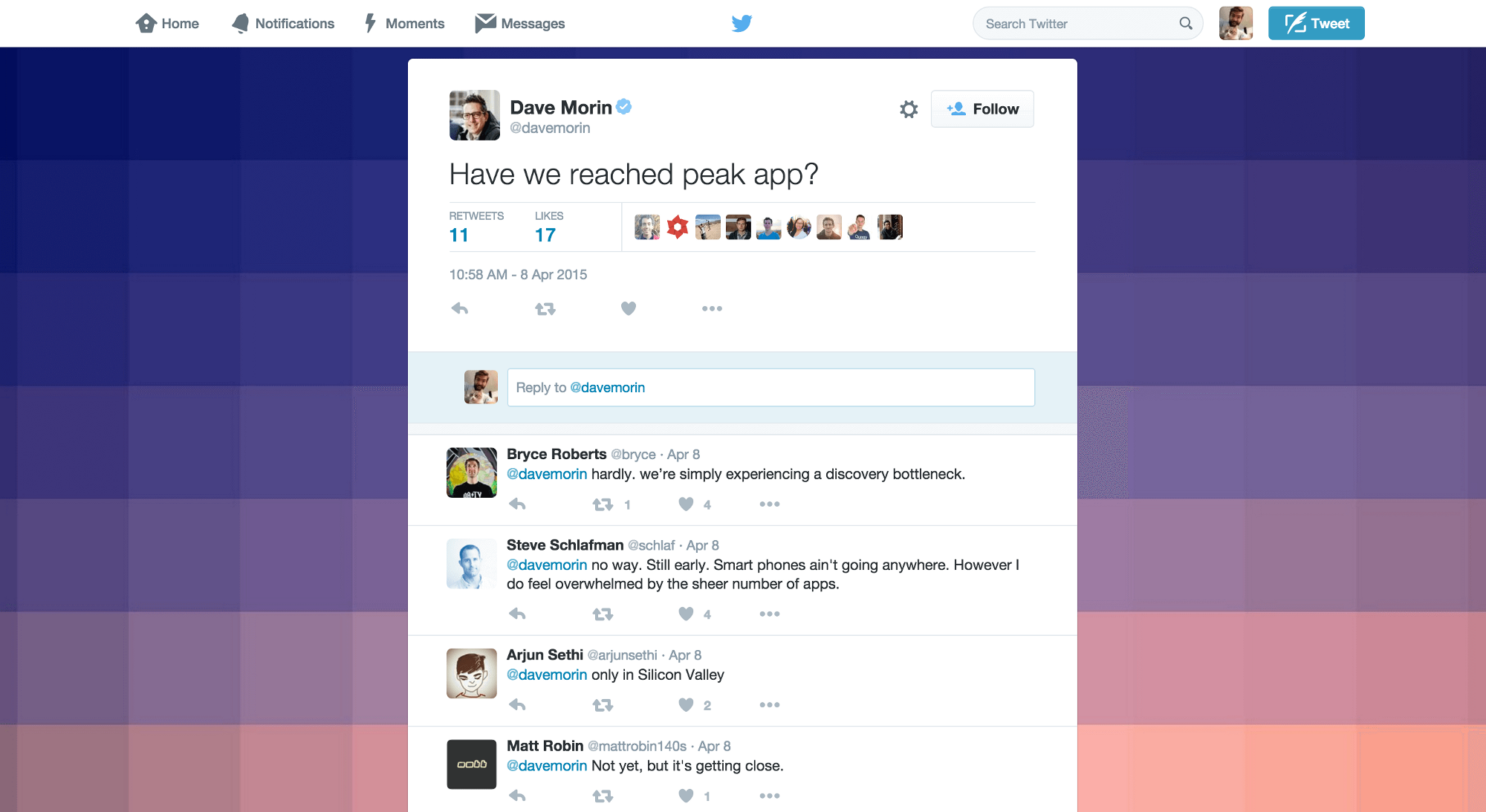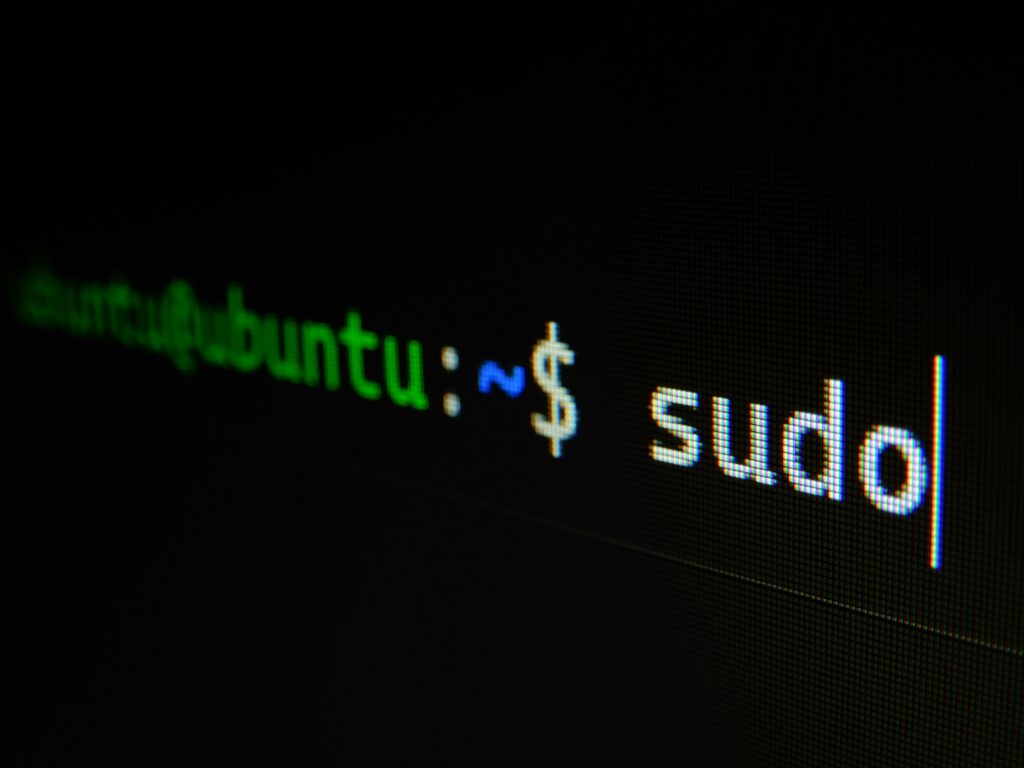Founding and establishing a successful business in your home nation is an exceptional achievement. Taking your business global, securing partners, hiring a local team and navigating unfamiliar legislation is even more challenging.
Hedging ambitious bets on global success, an army of Korean startup founders forged overseas business expansion missions in 2015, betting big on overseas opportunity. While the odds were against them (around 90% of startups fail in the first two years alone) Korea’s relatively small domestic population of 53 million means that for many local startups global expansion is the only option to achieve massive scale.
In 2015 many of Korea’s global focused startups had an ace up their sleeve. The country’s Institute for Startup and Entrepreneurship Development (KISED), an organization funded by Korea’s Small and Medium Business Administration, selected and supported fifty startups for three months of total immersion overseas. Partnering with 12 accelerators across the globe, KISED’s program aimed at providing financial and practical support, as well as local connections overseas.
Several in this group are now putting down roots in their respective locations or have established overseas partnerships. For some KISED has even provided additional financial support to cover expenses like overseas incorporation and establishment of local operations.
KISED
While support that ultimately plants some of the most promising young companies overseas may seem counter-intuitive for the Korean economy, the hope is that these ambassadors will increase the global network value for Korean entrepreneurs. As success often comes down to who you know, KISED’s strategy looks likely to pay dividends.
The initiative also addresses another problem. The pool of experienced entrepreneurs locally who have the skills and knowledge to coach their compatriots to overseas success is small. While there have been several examples of recent startup success in the local market, like Coupang, Baedal Minjeok, Memebox and KakaoTalk, international startup success cases are hard to find.
By supporting Korean founders to expand overseas, KISED is helping to build a pool of Korean founders with international experience that future generations of Korean startups will have access to.
Here we take a look at some of the KISED supported startups from 2015 that have made headway overseas. For reference purposes, each startup is linked both to their official website and a short company explainer.
Singapore is a natural springboard for Korean startups entering fresh markets in Southeast Asia and Adval were the local KISED partner supporting them. Three startups from the group made headway during overseas acceleration in this location.
Makestar is a rewards-based crowdfunding platform for the entertainment industry. They help up-and-coming celebrities raise money for projects, such as concerts and new album launches. During the program in Singapore they secured initial funding and opened discussions with a number of large corporate groups for further capital injections and expansion into the Southeast Asia region. One of their standout success cases saw a project raise its goal of USD $500 thousand in just three hours in December 2015.
Stripes has built an online platform for men to order custom-made suits and shirts. The company immediately hit a chord with investors, raising around USD $1 million in 2014. Sustained, robust growth and successfully establishing a base in Singapore during the KISED sponsored program helped Stripes attract a further USD $4.3 million in November 2015.
NOD BizWare Inc. designs software applications to be used for formal content storage and collaboration in business organizations. ‘NOD CoCo’ is their flagship service, a cloud-based secure content collaboration product integrated with three main functions required for data collaboration including secure chat, storage, and member contacts. By the end of the program in Singapore the company had secured around USD $1 million in funding and launched the service globally on Google Play.












